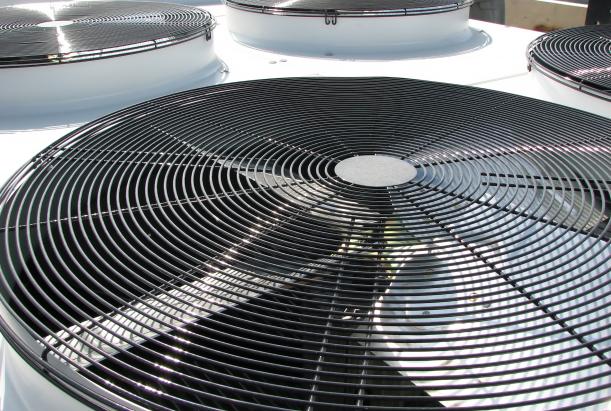Do You Know What You Need to About the Federal Solar Tax Credit?
Get what’s coming to you! Don’t miss out on your 30% solar tax credit come tax time next year!

Merry Christmas, Homeowners, last year that is! On December 18, 2015, Congress approved the 2016 federal spending bill. They also voted to extend the solar tax credit through 2021. The bill contained a 5-year solar tax credit extension, making solar more affordable for all of us.
What is the solar tax credit?
The federal solar tax credit is also known as the investment tax credit (ITC). It allows you to deduct 30 percent of the cost of installing a solar energy system from your federal taxes. There is no cap on its value, and the ITC applies to both residential and commercial systems. The investment tax credit saved homeowners an average of nearly $9,000 on their solar purchases in 2015.
What does the federal solar tax credit extension mean for you?
The federal ITC was established by the Energy Policy Act of 2005 originally. It was set to expire at the end of 2007. A series of extensions, however, moved the expiration date to the end of 2016. The spending bill that Congress passed in late December, 2015, made solar tax credit available to homeowners through 2021. Here are the dates and savings percentages on solar purchases:
- 2016 – 2019: Tax credit remains at 30 percent of the cost of the system. This means that next year, you can still get a major discounted price for a solar panel system.
- 2020: Owners of new residential and commercial solar energy systems can deduct 26 percent of the cost from their taxes.
- 2021: Owners of new residential and commercial solar energy systems can deduct 22 percent of the cost from their taxes.
- 2022 onwards: Owners of new commercial solar energy systems only can deduct 10 percent of the cost from their taxes. There is no federal credit for residential solar energy systems.
Click HERE to find out how much the solar tax credit could save you today.
In the past, owners of new solar energy systems could not claim the tax credit if their system was not operational. But now, legislation allows people to claim it as soon as they begin construction on solar. It must be operational by December 31, 2023 to claim the tax credit.
Do you qualify for the solar panel tax credit?
Yes, as long as you own your solar energy system, you are eligible for the solar tax credit. The 30% tax credit is available on the purchase and installation of:
- residential solar water heating
- residential photovoltaic equipment
- residential fuel cell property
Solar panels in roof and interior solar attic fan models fall under “solar energy systems: photovoltaic systems.” Both the solar panel portion of solar-powered attic fans and the labor costs associated with their installation can qualify for the 30% tax credit. If you’d like more information, visit news.energysage.com.
They qualify for the 30% tax credit because there are no specific technical requirements for photovoltaic systems. They must be purchased and installed between January 1, 2009, and December 31, 2019. And they must meet fire and electrical code requirements.
Some won’t have enough tax liability to claim the entire credit in one year. But as long as the tax credit is in effect, you can “roll over” the remaining credits to the next year. Please note, if you sign a lease or PPA with a solar installer, you are not the owner of the system. And because you are not the owner, you cannot receive the tax credit.
How do you claim the federal solar ITC?
Claim the solar tax credit you are eligible for when you file your annual federal tax return. Your accountant needs to know that you’ve gone solar in the past year, so let them know. If you are one of those who files their own tax returns, follow this step-by-step guide on how to claim the solar ITC.
Here are three resources that dig a little deeper into the tax credit:
- The Wall Street Journal explored the tax credit legislation and explained what it means for you as a homeowner today.
- Read Greentech Media’s in-depth analysis of the solar tax credit extension’s impact on the solar industry.
- The language of the official bill, Section 303, pg. 2005, details the specifics of the tax credit extension.
Click here for IRS Form 5695, which is available on the IRS.gov website.
Helping you save money is important to us at Blue Frost Heating & Cooling. We certainly don’t want you to miss out on this 30% tax credit that is coming to you. Give us a call at (630) 444-0860 if you have questions. Take advantage of that 30% tax credit on solar units come 2017 tax time!
Blue Frost Heating & Cooling
(630) 444-0860
Your home comfort specialists to call in Fox Valley for the past 25 years.
Request Service

Our Process
Get to know our quick installation process of a device tailored to your needs
- In-Home Consultation
- Free In-Home Estimate Provided
- Timely Installation Scheduled
- Quality Installation Performed
- Enjoy Your Enhancement



